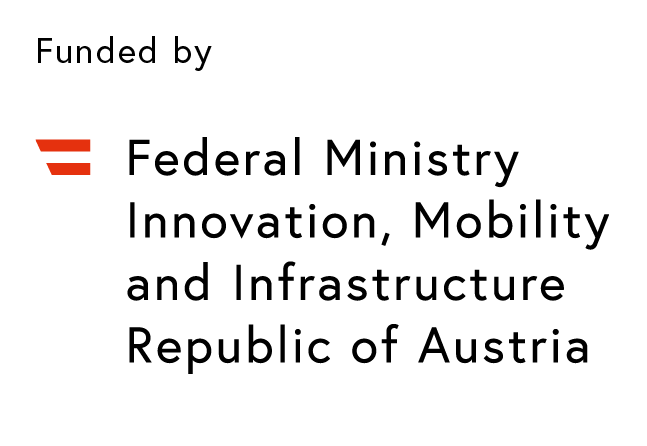Call for Applications for the 2026–2027 Academic Year
The Digital Humanism Fellowship is part of the Digital Humanism Program.
The call for applications is open to all academic disciplines. Digital Humanism is defined as an approach that describes, analyzes, and, most importantly, influences the complex interplay between technology and humankind—striving for a better society while maintaining full respect for universal human rights. Addressing the challenges of the digital age requires collaboration across disciplines, from computer science to the humanities, to ensure that technological advancements align with human values and social well-being.
The program’s research area is clearly distinguished from the Digital Humanities. Please note that we will not consider applications that merely apply digital means and new technologies to research in the humanities. Candidates for Digital Humanism Junior Visiting Fellowships are expected to pursue research on digitalization’s intersection with societal, economic, and geopolitical dimensions, as well as other relevant research foci from the humanities and social sciences.
Conditions
The selected candidates will be invited to spend a term of three consecutive months at the IWM in Vienna between September and December 2026 in order to pursue their research projects as Digital Humanism Junior Visiting Fellows. The fellowship period will be synchronized to overlap with the presence of the Senior Digital Humanism Visiting Fellow.
Postdoctoral candidates who have defended their PhD by the date of the fellowship application deadline will receive a stipend of EUR 3,300 per month; candidates currently pursuing their doctoral degree will receive a stipend of EUR 2,750 per month. From the stipend, visiting fellows are responsible for covering all living expenses during their research term, including travel to and from Vienna, accommodation costs, health insurance, utilities, local transport, telecommunications, etc., as well as research costs (i.e. for literature, conference fees).
Fellowships start on the first day of the first month and end on the last day of the last month of the fellowship period.
The IWM provides visiting fellows with office space, internet access, in-house research facilities, and administrative services, all free of charge. The visiting fellows will join the IWM community of scholars and are invited to participate in the activities of the Institute.
Eligibility
Candidates for the Digital Humanism Junior Visiting Fellowship must be enrolled in a doctoral program, or have obtained a PhD not longer than four years previously at the time of the application deadline (not before 20 January 2022).
We do not accept multiple fellowship applications from the same candidate within the same academic year. Candidates who have previously received a resident IWM fellowship must wait two academic years before applying for another fellowship. Recipients of a specific IWM fellowship cannot reapply for the same program.
How to Apply
Applications must be submitted through the online application form, which is accessible by clicking on the “Apply” button below. We will not consider applications sent via email.
Required materials:
- A brief letter of motivation that addresses how the project would benefit from time at the IWM, its connection to the IWM’s mission and research, and concrete research/writing goals during the fellowship.
- A project description of max. 550 characters incl. spaces
- A project proposal of max. 7,500 characters incl. spaces, containing:
- a) a description of the project’s objectives
- b) a discussion of the current state of research
- c) methods
- d) a work plan
- A curriculum vitae, including a list of publications
Two letters of recommendation from scholars familiar with the applicant’s academic work. Please note that the letters of recommendation need to be submitted directly by your recommenders before the application deadline. Your recommenders will receive an automatic email with a link to a webform after you have submitted your application.
All application materials must be in English.
Important! Attached documents must be combined into a single PDF, as the online submission form only allows for one attachment. File names of attachments must use Latin characters only.
Applications are now closed.
Selection
Applications that meet the formal and thematic criteria of the call will be evaluated, and the finalists will be selected by a jury of experts. Applicants will be notified of the jury’s decision via email by 30 April 2026. The jury is not required to publicly justify its decisions, nor to provide applicants with individual feedback on their applications.
Cooperation Partner
Funded by the Federal Ministry of Innovation, Mobility and Infrastructure of the Republic of Austria.

Kasper Nowak
Fellowship Program Coordinator
fellowships@iwm.at



















